God's Church-Community
David Emerton argues that Dietrich Bonhoeffer's ecclesial thought breaks open a necessary 'third way' in ecclesiological description between the Scylla of 'ethnographic' ecclesiology and the Charybdis of 'dogmatic' ecclesiology. Building on a rigorous and provocative discussion of Bonhoeffer's thought, Emerton establishes a programmatic theological grammar for any speech about the church.Emerton argues that Bonhoeffer understands the church as a pneumatological and eschatological community in space and time, and that his understanding is built on eschatological and pneumatological foundations. These foundations, in turn, give rimethodological approach to ecclesiological description – an approach that enables Bonhoeffer to proffer a genuinely theological account of the church in whiand human agency are held together through an account of God the Holy Spirit. Emerton proposes that this approach is the perfect remedy for an endemic problem in contemporary accounts of the church: that of attending either to the human empirical church-community ethnographically or to tdogmatically; and to each, problematically, at the expense of the other. This boa clarion call towards genuinely theological ecclesiological speech which is allied to real ecclesial action.
{{comment.content}}
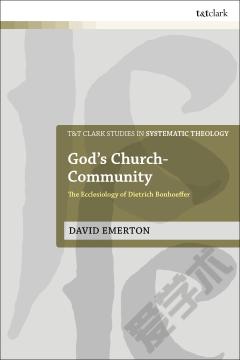

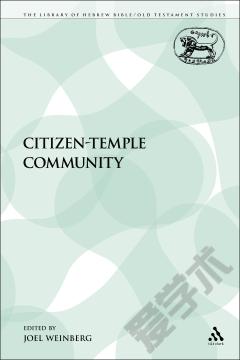
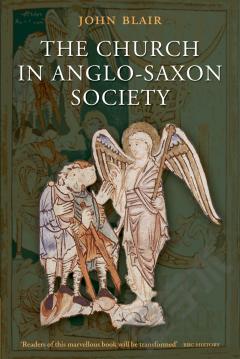
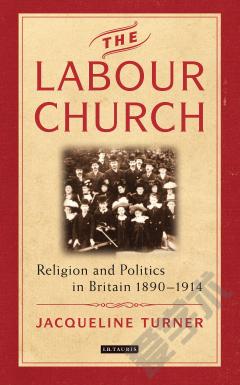

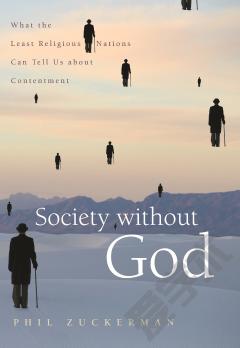

 京公网安备 11010802027623号
京公网安备 11010802027623号